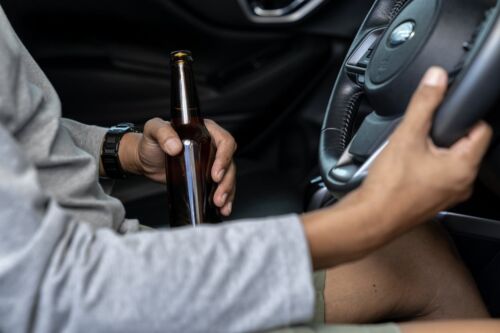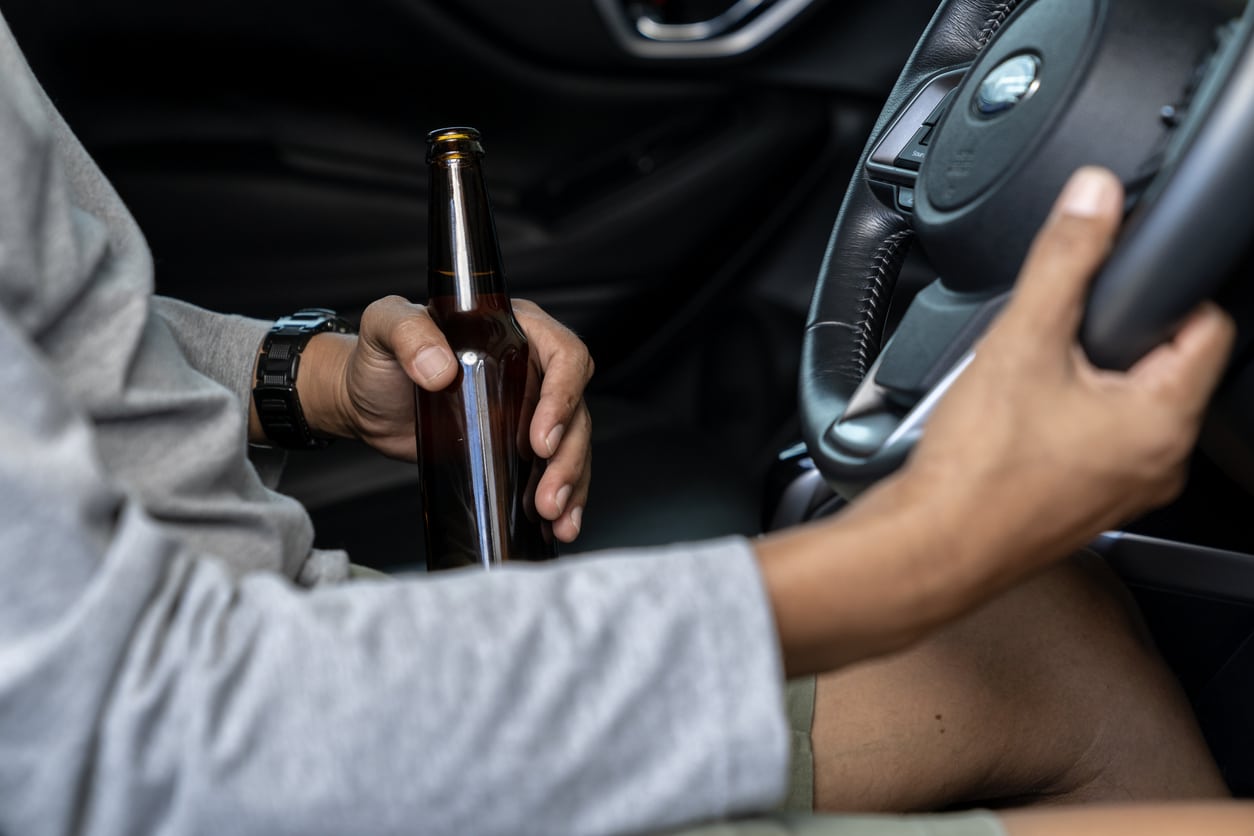What is the Open Container Law in Washington

Washington’s open container law makes it illegal to have open alcohol in the passenger area of a vehicle on a public road. That means any can, bottle, or package that’s been opened, partially consumed, or unsealed can lead to a citation. The law applies to both drivers and passengers, and violations can trigger fines, increased insurance costs, and potentially complicate DUI charges. Understanding exactly how this law works and the risks of violating it can help you avoid costly mistakes.
What the Open Container Law Says
Washington law makes it illegal to do two things on a public roadway:
- Drink alcohol inside a motor vehicle
- Possess an open container of alcohol in the passenger area
An “open container” means any bottle, can, or package that has been opened, has a broken seal, or has had some contents removed. The passenger area includes anywhere people sit and any compartment within reach, such as a glovebox or center console. The only safe places are the trunk or another space not normally occupied by passengers.
The open container law contains narrow exceptions. These include:
- Chartered group vehicles such as buses or limousines hired for group use. Passengers may drink, but the driver may not possess or consume alcohol.
- Living quarters of motor homes or campers, where alcohol may be open or consumed in the residential area, but never in the driver’s cab.
Note that rideshare vehicles are not included in these exceptions. Unless your situation clearly falls into one of these categories, you should assume that any open alcohol in the passenger area violates the law.
Penalties and Consequences of an Open Container Violation
An open container violation in Washington is a traffic infraction, not a criminal offense. That doesn’t mean it’s harmless. A single citation can still create ripple effects that reach beyond the initial fine.
- Fines and penalties: Even a single ticket adds financial strain and can increase insurance rates.
- Suspicion of impaired driving: An officer who sees an open container often looks for signs of DUI. What starts as a routine stop can escalate into field sobriety tests or an arrest.
- Impact on driving record: Repeated violations can lead to harsher penalties or be used against you in later proceedings.
It’s also worth noting that an open container in your car can complicate a DUI case. It can increase the prosecution’s resistance to negotiating to a lesser charge and can increase the likelihood of a conviction if the case should proceed to trial.
Legal Defenses
Getting cited for an open container violation doesn’t mean the case is closed. Washington law is strict, but it still leaves room for a legal defense depending on the circumstances. The key is to look closely at how and where the container was stored, who possessed it, and whether police followed the law during the stop.
Some common defenses include:
- Location of the container: If alcohol was stored in the trunk, a locked compartment, or an area not normally occupied by passengers, it should not count as a violation.
- Was the stop lawful: Officers must have a valid reason to stop your vehicle. If the stop itself was improper, evidence that is the result of the stop (the open container) may be inadmissible.
- Statutory exceptions: If you were in an RV’s living quarters, a chartered bus, or another vehicle type specifically carved out by law, you may fall within a clear exception.
Protecting Yourself on Washington Roads
If you do face an open container ticket, don’t dismiss it as minor. A citation or related DUI charge can have long-term consequences for your finances, your driving record, and your freedom. A DUI defense attorney who knows Washington’s laws can help protect your rights and pursue the best possible outcome for your case. At The Fox Law Firm, we represent drivers across Washington, including those facing open container and DUI charges in Seattle, Bellevue, and the surrounding areas of King County. If you’ve been cited or arrested, now is the time to take action. Contact us today to discuss your case and learn how we can help.


